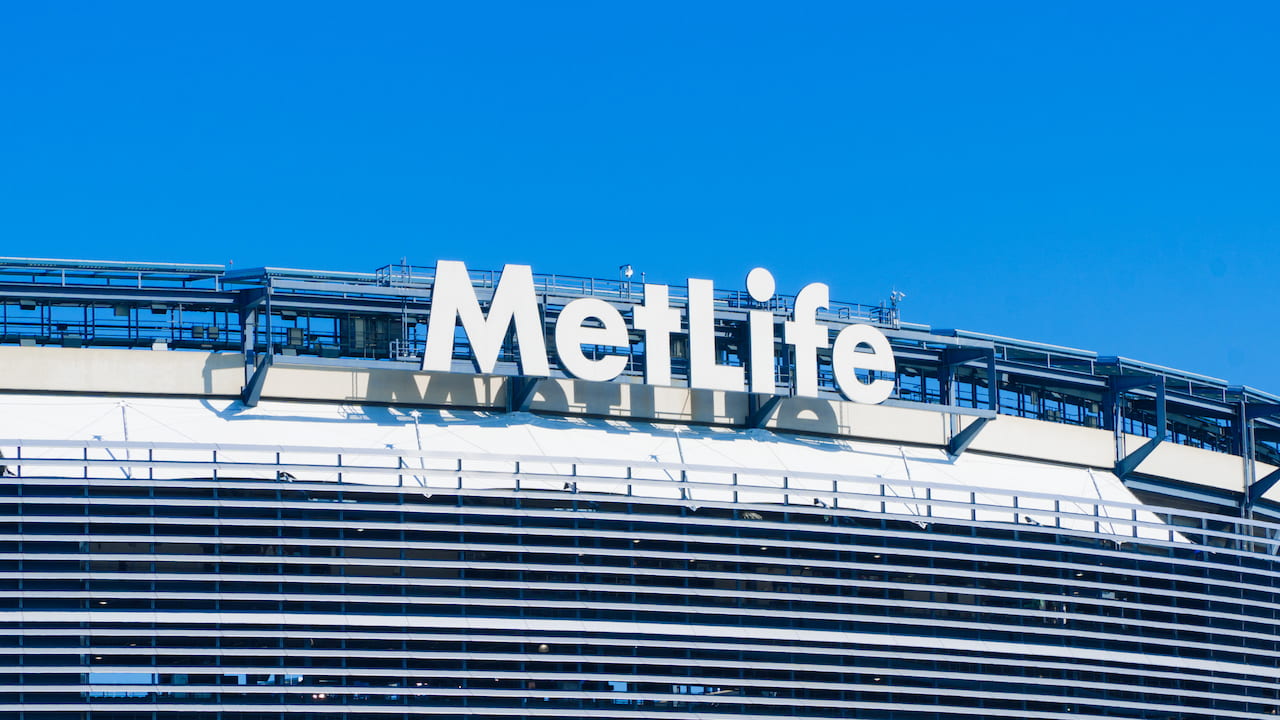Latest Sports Picks, News and Previews

Stadium naming rights play a crucial role in altering how stadiums proclaim themselves. Exclusivity on naming rights allows companies to monetize their names on different sports venues to increase market share.
It may seem like a complex topic, but in reality, naming rights are common amongst most multi-purpose sports arenas, allowing the brand to associate its name with a specific sports venue.
Stadium naming rights are a form of advertising a company, corporation, investor, etc., typically on a sports-based venue (arenas, stadiums, complexes, etc.). The purpose is to advertise the entity that purchased the rights to name that facility, and although the naming body does not gain revenue from things like ticket sales, they can promote different products and services surrounding their brand.
Think of it as a conjoining of values; the naming entity gets to advertise its products to increase revenue and engagement, and the entity that owns the sports venue gets an increase in revenue due to the increased engagement.
It’s important to note that not everyone is a fan of this stadium naming rights practice. Generally, it’s more acceptable to sell naming rights in newer venues or if the buyer is well-known and has a good local relationship in their area. As we previously mentioned, it’s all about brand exposure.
Brand names associated with a popular local stadium will gain more visibility and even media coverage for different events occurring at the venue. Increased brand awareness results in a larger incoming revenue stream for both the stadium venue owners and the corporate sponsor who owns the naming rights. There’s still a prominent modern issue with using stadium naming rights. Even though it increases overall brand awareness, not every sports team can capitalize on sponsors like other popular teams/stadiums can.
The first formal stadium naming rights deal in the United States happened in 1973 when the Buffalo Bills’ stadium was named “Rich Stadium” after Rich Products, a Buffalo-based food company. Rich Products agreed to pay $1.5 million over 25 years for the naming rights, making it one of the earliest examples of such an agreement in North American sports.
First off, when we take a look at the percentage of American sports teams that have signed a naming rights agreement across all different major American sports leagues, more than 90% of NFL, NBA, NHL and MLS teams have signed a naming rights agreement with associated sports venues (MLB at 77%). In Europe, the German Bundesliga is the only league where more than 80% of teams have signed a naming rights agreement, leaving the English Premier League (30%), La Liga (25%), Serie A (25%) and Ligue 1 (20%) at under 30% of teams signing naming rights with certain venues.
One of the most notable deals struck back in November 2021 about using stadium naming rights was the $700 million sponsorship deal to rebrand the famous LA Staples Center (the former naming rights holder was Staples®) into the now Crypto.com Arena. Another instance, Meadowlands Stadium, shared by the New York Giants and New York Jets in East Rutherford, New Jersey, turned into MetLife Stadium, after striking a naming rights deal with MetLife. From using the MetLife brand naming rights alone, the stadium earned approximately $17 million annually as a result.

Liam has been a major sports fan and soccer player for over a decade, with a particular focus on major top-level soccer leagues, including the EPL, La Liga, Serie A, Bundesliga and MLS. He has written numerous promotional articles for various top sportsbooks and continues to publish historical and factual sports articles covering the NFL, MLS, NHL, MLB, EPL and more.